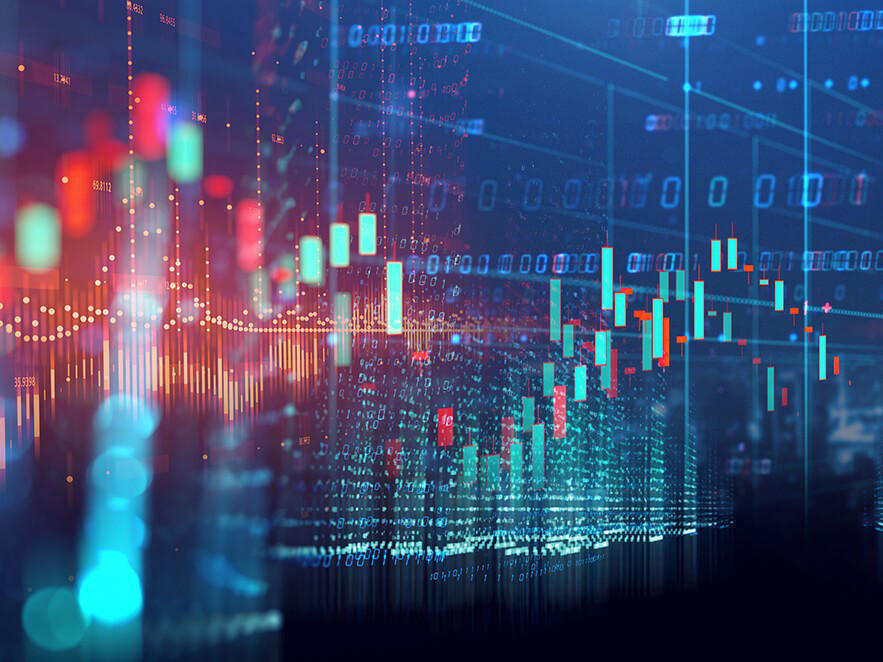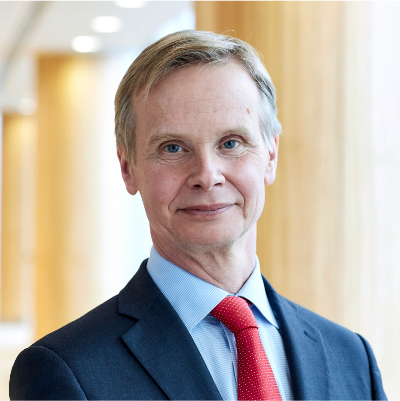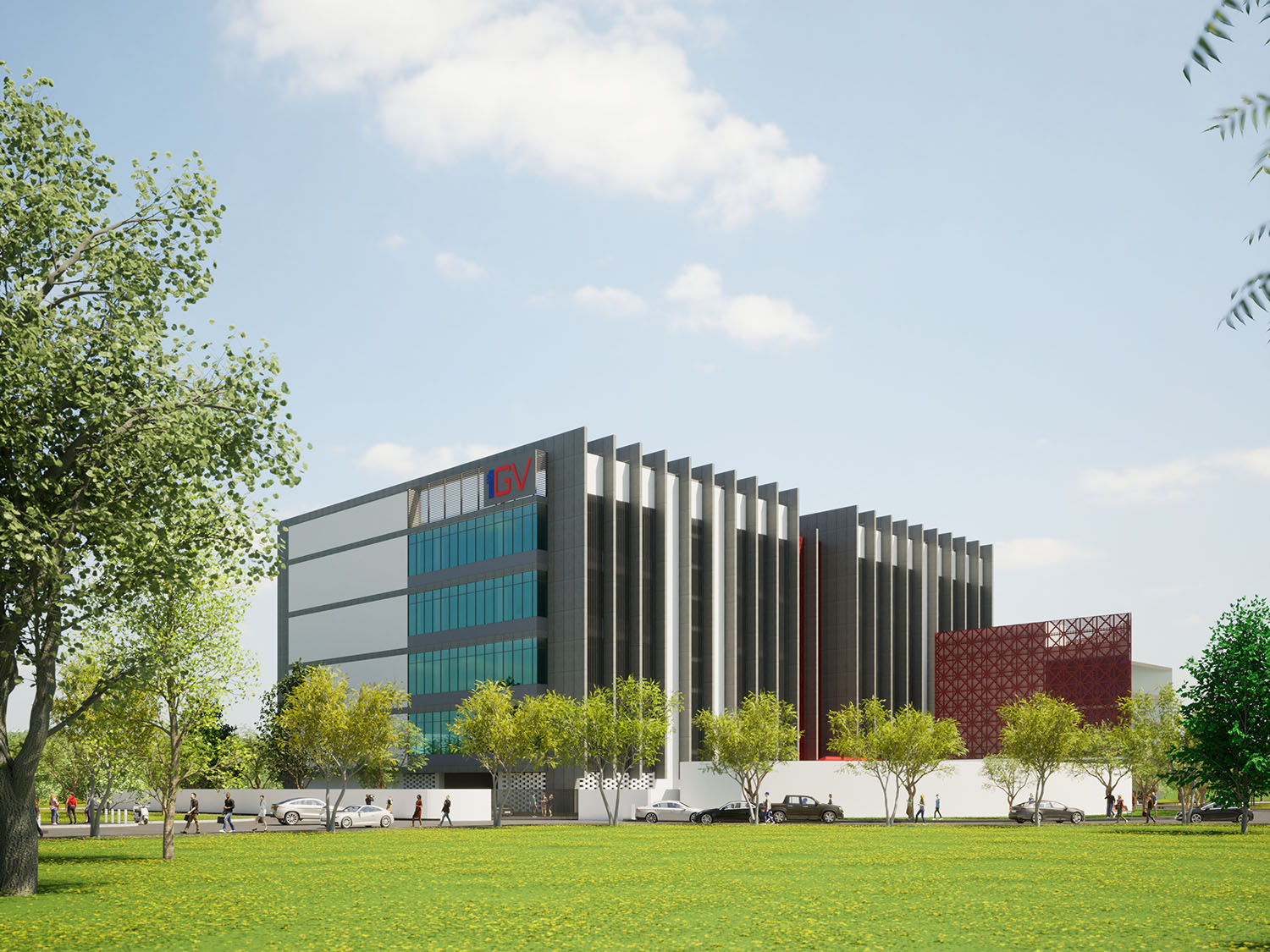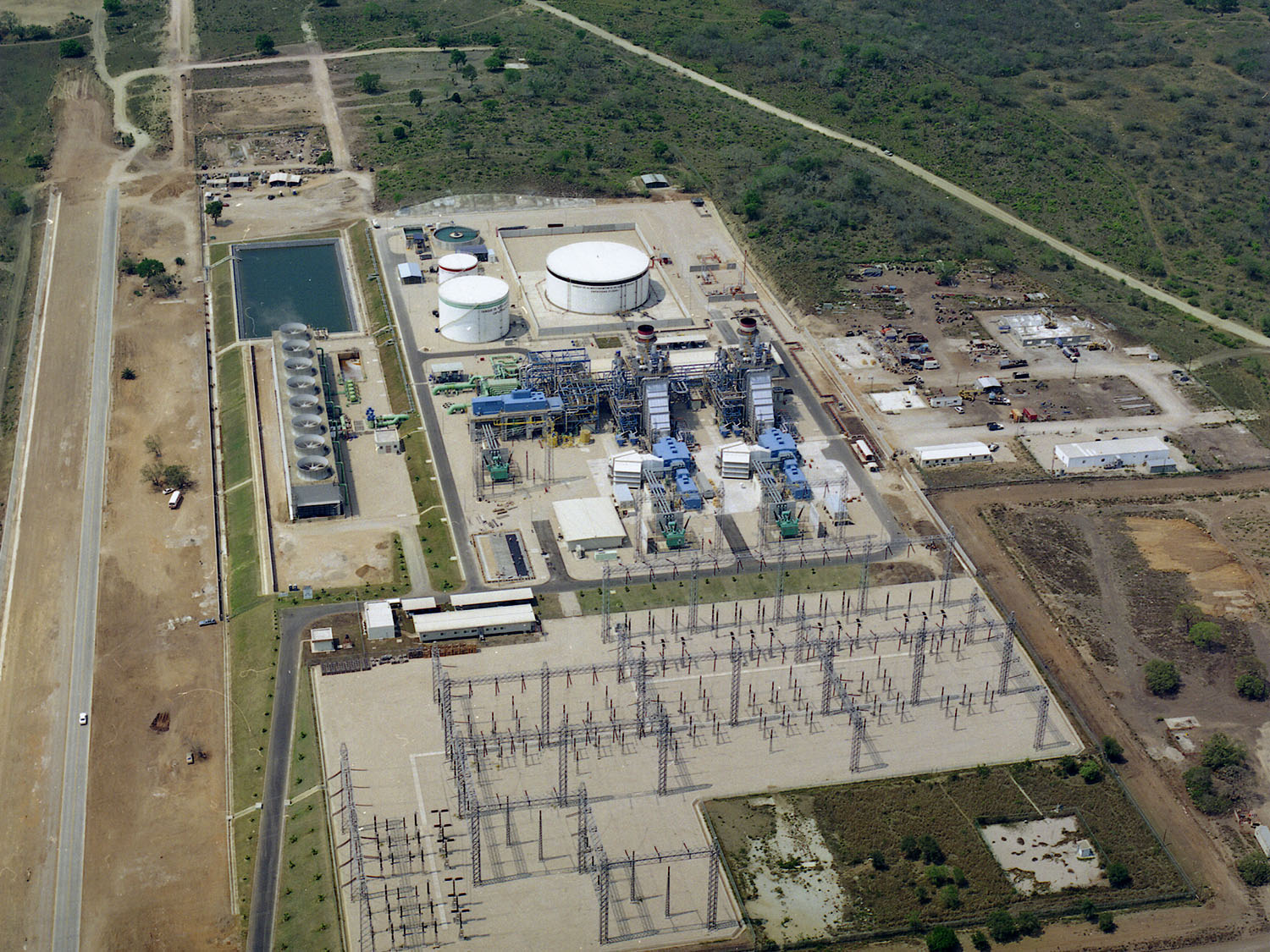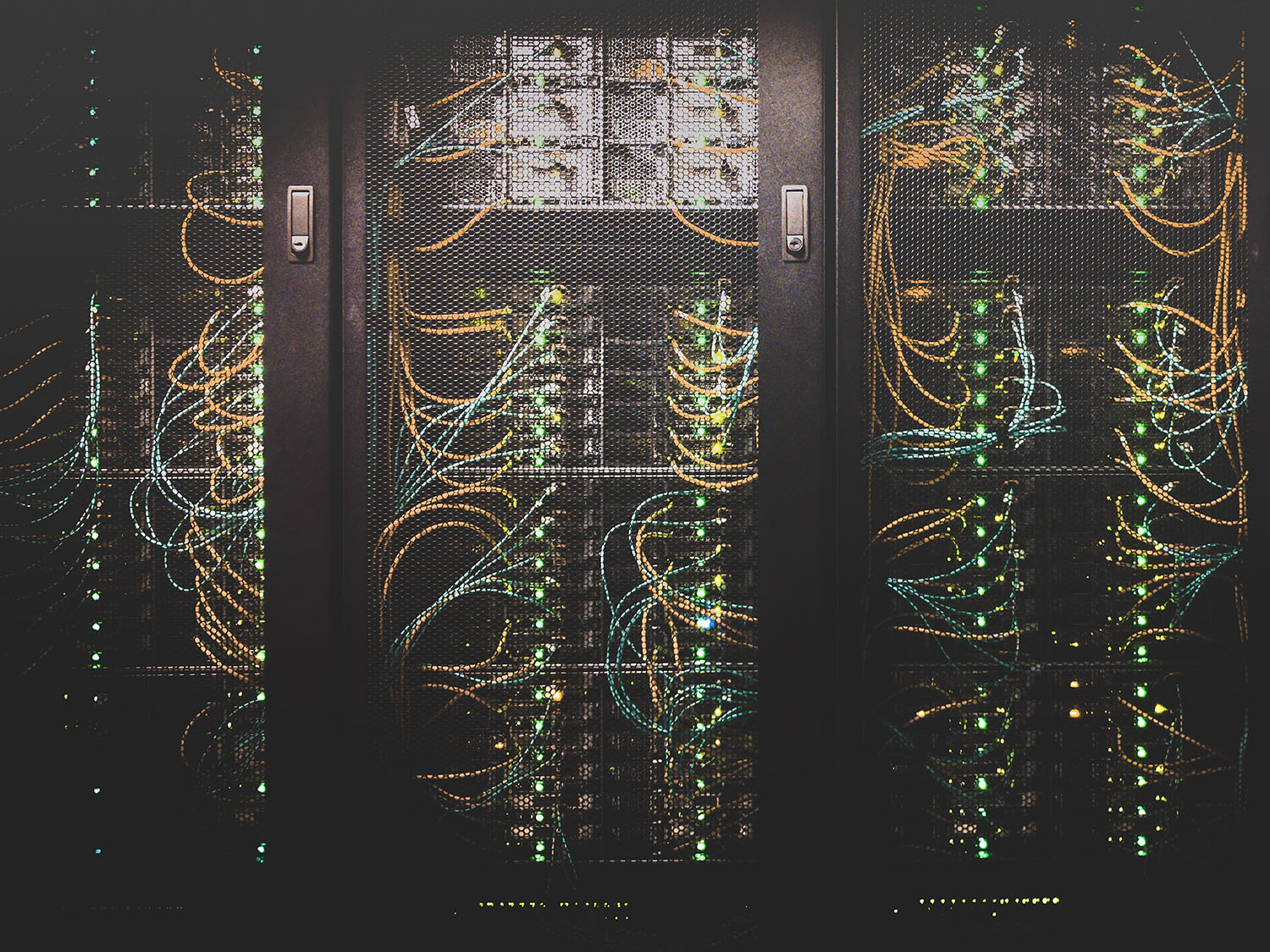The last 12 months have been turbulent ones, both for the world economy and the global investment climate. The war in Ukraine has sent energy and commodity prices significantly higher, aggravated the post COVID-19 supply-side shock, further disrupted supply chains, and helped lead to a surge in inflation. Central banks’ efforts to combat the rise in prices by raising interest rates are already contributing to slowdowns in growth, with recession a prospect in some of the world’s most important countries and regions. For investors, this has lead to falls in both equity and bond markets, representing the most challenging investment environment for decades.
At Actis, we are not immune from these headwinds
However, we have also witnessed trends that continue to impact more positively the sectors in which we are active. Indeed, alongside what are troubling geopolitical and global economic events, other, longer-term momentum drivers in these sectors have been reinforced since the start of the year.
The Energy Transition for example has continued to be a theme, driven by growing concerns around climate change and the need for increased energy security in the wake of the Ukraine war. This has been given added impetus by the fact that renewable energy is now by far the cheapest way of producing power, particularly in the markets in which Actis is active. And the scale of the sums required to ensure a Whole Economy transition means private capital will need to play a significant role in the future. In 2021, Bloomberg NEF calculated that achieving net-zero carbon emissions by 2050 would require as much as $173 trillion in investments in the energy transition. Taken together, these facts have led to an acceleration both in the Energy Transition and in the investment needed to ensure it happens quickly enough.
In 2021, Bloomberg NEF calculated that achieving net-zero carbon emissions by 2050 would require as much as $173 trillion in investments in the energy transition.
Meanwhile the transformation to a more digitalised economy – previously given impetus by the pandemic – continues to speed up. This transformation is expected to continue in the years to come, as more parts of the world migrate to 5G mobile phone technology and with the growing use of the Cloud. Alongside this, the inexorable rise of e-commerce has led to increased demand for what Actis calls ‘New economy’ real estate. These are the real estate assets that support the digital economy, including digital assets themselves, but also the wider ecosystem such as specialised logistics. The digital economy and the rise of e-commerce trends will further increase the need for investment in data centres, fibre cables and communications towers, logistics and warehouses.
In this edition of the Street View, we explore trends over the last 12 months – as well as the outlook for the future – and we look back at highlights from the year.
The Energy Transition is the ‘poster-child’ of Sustainable infrastructure.
The growth in inflation has, in many ways, made the argument to invest in some of these sectors more compelling. Sustainable infrastructure often has inflation-adjusted revenue streams built into contracts, generating predictable cashflows with compelling risk-adjusted returns. This has added to the sector’s existing attractive attributes, such as the nature of infrastructure as an essential service, defensive sector business models, capital intensity driving deployment of material new capital and strong growth prospects.
The Energy Transition is the ‘poster-child’ of Sustainable infrastructure. Institutional investors remain attracted to the Energy Transition because it is a fast growing investment opportunity thanks to its compelling risk adjusted returns and an investment proposition that is robust in all economic climates. It is indeed an investment opportunity for all seasons.
These trends are reflected in some of the investment decisions we have taken in recent months, as well as in those we continue to take. In energy, we are building a new renewables business in Central and Eastern Europe, which supports both the Energy Transition – it will reduce the region’s dependence on dirty, polluting fossil fuel power plants – and energy security. We are also establishing a business in Japan that will reduce the country’s exposure to imported fuels and make up for the decline in energy output from its nuclear power plants. And we have recently invested in a new market – Dubai – and in a new form of infrastructure – district cooling – that saves 50% of the energy used compared with traditional decentralised air conditioning units. Meanwhile we continue to increase our investment in data centres and new economy real estate, not just in areas like logistics, but in life sciences too, thanks to a new platform in India.
We are also establishing a business in Japan that will reduce the country’s exposure to imported fuels and make up for the decline in energy output from its nuclear power plants. And we have recently invested in a new market – Dubai – and in a new form of infrastructure – district cooling
Looking ahead, geopolitics will continue to be a concern, not just because of the war in Ukraine but also due to the tension between China and the United States. However, when we shift from thinking about the next year, to instead thinking about the next decade or more, the impetus behind investing in our core themes will only intensify. The Energy Transition will accelerate as we approach the deadline to reach net zero; it is the biggest investment opportunity in our lifetimes. And digital transformation is equally fundamental to the decades beyond. Growing population, the rise of Artificial Intelligence, and the apparently insatiable rise in demand for data will continue to support digital investment trends. Furthermore, these mega-trends coupled with supply chain transformation drive the demand for investments in new economy real estate assets.
Although the international political outlook remains challenging and the investment landscape is uncertain, the themes that we outline above – the Energy Transition, Digitalisation, the large scale adoption of e-commerce with its real assets implications – are only likely to grow. Harnessing private capital to meet the challenges will continue to be vital if the world is to meet its goals.
